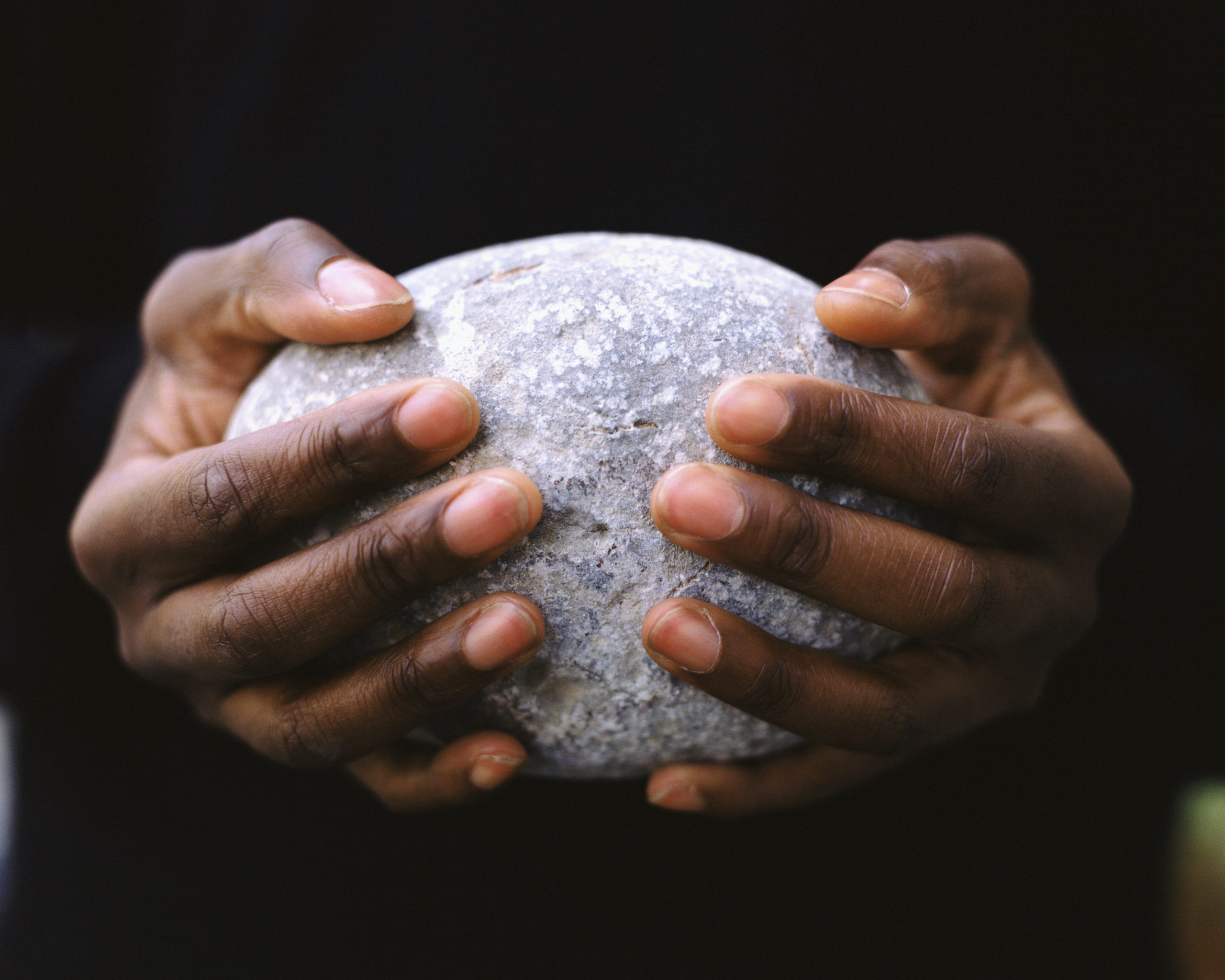Placing Stones Where Collapse Seems Imminent
Professor Jae Hyun Jung
The Wisdom of Placing Stones Where Collapse Looms
During the medieval Roman era, a massive arch structure, worn and at risk of collapse, faced imminent danger. Experts from all over the country gathered for a solution. Many suggested demolishing it before it caused an accident, as no clear remedy seemed viable. At that moment, a master proposed a clever idea: place stones in some of the gaps in the arch.
People were astonished and skeptical. However, the master, who had calculated the load, used just a few stones to reinforce the building, which was on the brink of collapse, making it sturdier than ever.
Who would think of adding stones to an arch that seems ready to collapse? Yet, placing stones at precise positions can make it safer. Of course, those positions must be carefully chosen. While determining the exact placement relies on knowledge and skill, the very idea of reinforcing a structure on the verge of collapse with stones stems from wisdom born of life experiences.
Viktor Frankl, a psychiatrist who survived the life-and-death trials of Auschwitz, reflected his dramatic life with this striking statement:
“Adding stones to an arch that seems weak and ready to collapse can make it sturdier. Likewise, within certain limits, the human spirit often becomes stronger through the weight it endures.”
— Viktor Frankl, Say Yes to Life: A Psychologist Experiences the Concentration Camp
This is indeed a profound paradox of life. The condition of “within certain limits” speaks volumes. Within those limits, the greater weight of life strengthens the spirit even more. However, before focusing on the idea of becoming stronger, we must first acknowledge and understand our limits.
The first step is to humbly accept our limitations. Then, accurately assess them and place a figurative “stone” on those weak points, allowing them to bear the load. Through this process, we become stronger. Pressing down on a weak spot, paradoxically, makes it more solid.
The seeming contradiction of “limits” and “weight” converging to create “strength” forms a profound and paradoxical truth of life.
Disabilities Turning into Unique Skills
This concept can also be seen in a different context. Take the story of Garrincha, a Brazilian soccer player. Due to a difficult childhood and inadequate treatment for polio at the age of six, his right leg became shorter than his left, leaving him physically unbalanced.
Despite this physical challenge, he turned his disability into a weapon on the soccer field, dazzling opponents with his unsteady yet unpredictable dribbling. His tilted posture made it difficult for rivals to anticipate the direction of his kicks. As a result, he not only excelled but also became one of the greatest soccer players of the 20th century, helping Brazil win the World Cup.
When encountering individuals praised as “great,” how do we approach them? In today’s era, we rarely call someone a “hero” as in the past, but there are still those who contribute significantly to society or achieve remarkable accomplishments.
When faced with such individuals, most of us tend to feel tense. Their authority instinctively lowers our gaze or makes us look up to them. We often perceive their greatness as something that descended from the heavens or rose from the earth, making their achievements seem mythical. Over time, as traditions form, these figures may even become deified.
Greatness Born from Weakness, and Why It Inspires
However, their greatness neither fell from the sky nor rose from the ground—it was forged through life itself. True greatness often stems not from amplifying innate strengths but from wrestling with weaknesses. Those who possess natural strengths might rely on them too much, making it harder to achieve greatness.
Weaknesses, however, demand effort, self-discipline, and refinement, ultimately leading to greatness. This is what makes their stories so inspiring. But why should inspiration come only from others? Shouldn’t we also find inspiration within ourselves?
Thus, we need not lament our weaknesses. Weaknesses often present greater opportunities for greatness. This is not baseless encouragement or outdated moralizing—it’s evidenced by the lives of great figures. Psychoanalyst Lou Andreas-Salomé emphasizes this point in her book Afterword on Washing Clothes Post-Enlightenment:
“When encountering someone who seems truly great, rather than freezing in tension, shouldn’t we instead be moved by the realization that their greatness was achieved solely through grappling with their weaknesses?”
Thank you.

“Just remember that you can test different video lengths until you find what works best –– the sweet spot. Pay attention to your video performance and adjust until you see success.”




